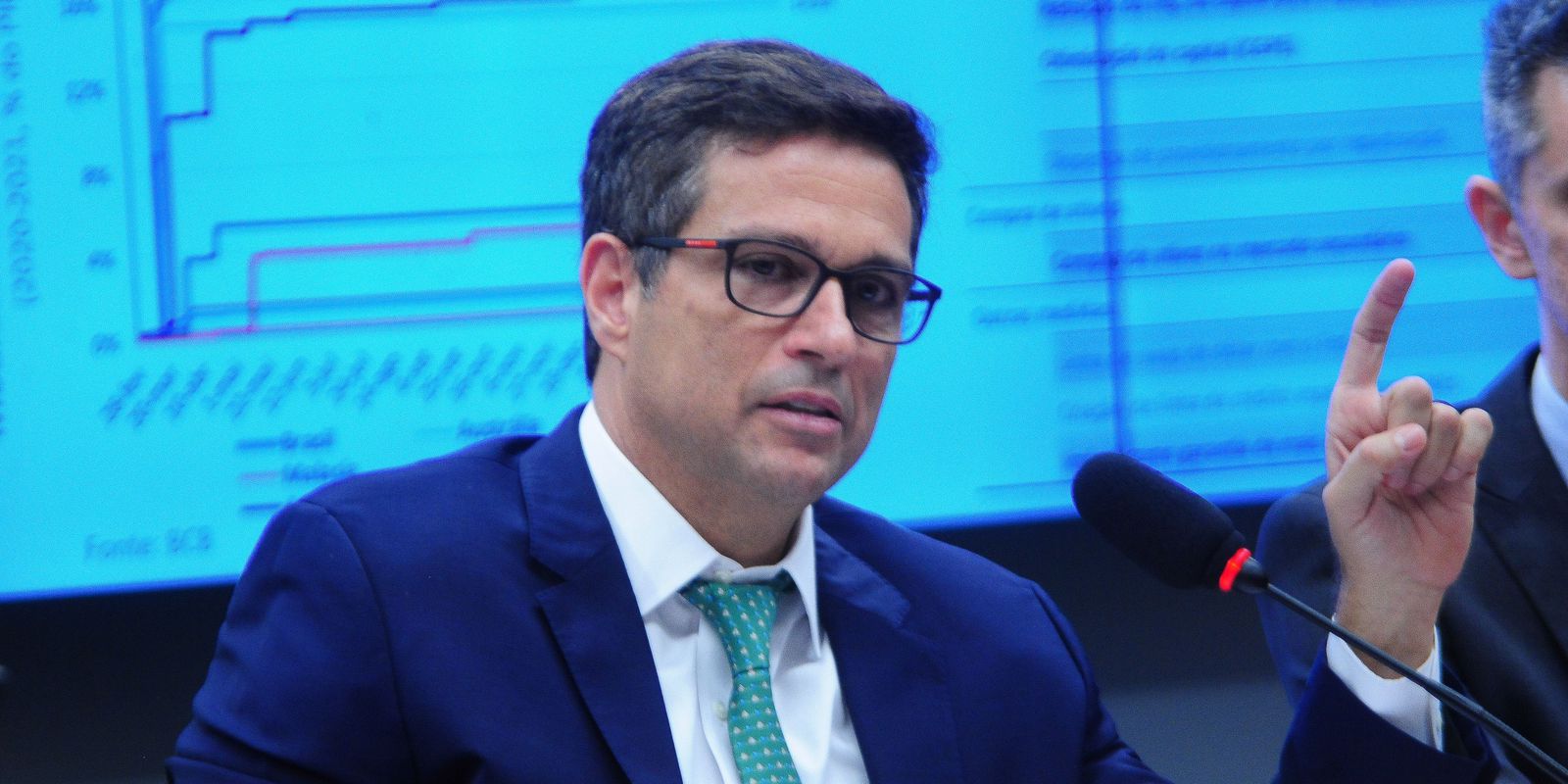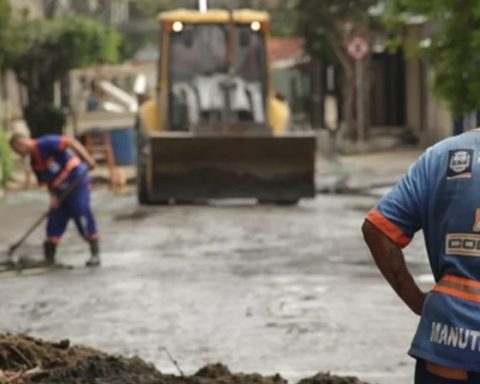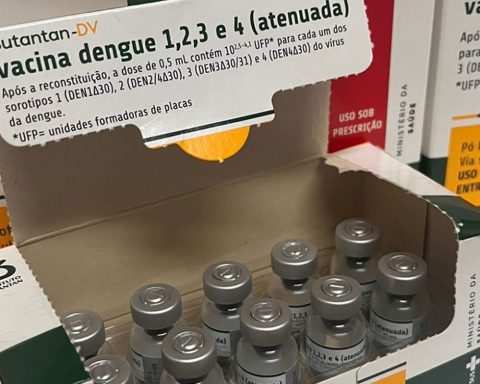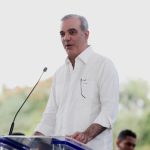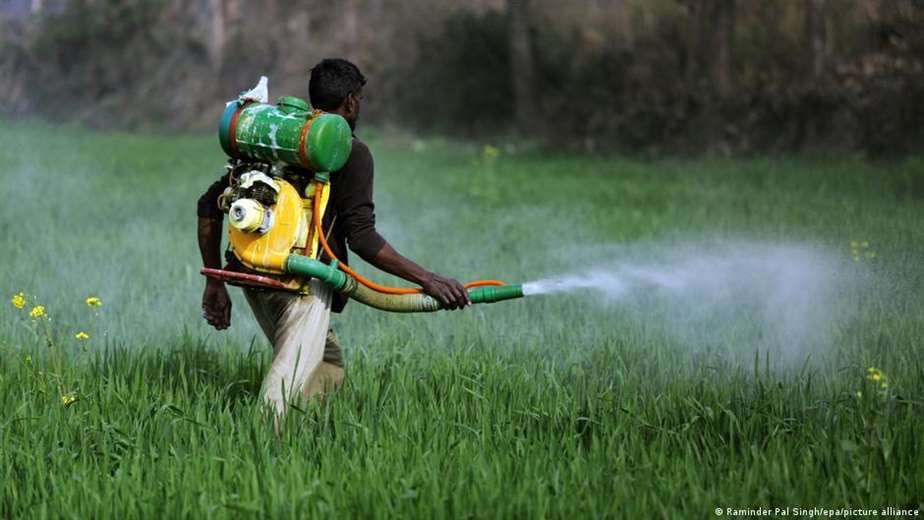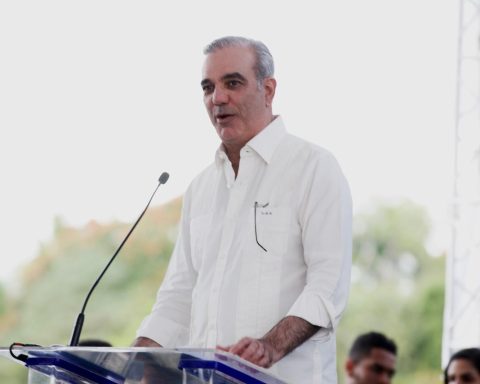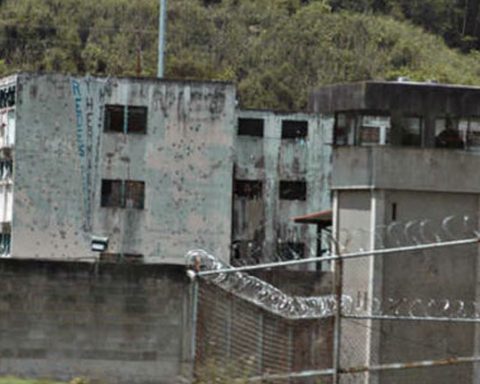In a public hearing today (31) at the Consumer Protection Commission of the Chamber of Deputies, the president of the Central Bank (BC), Roberto Campos Neto, cited forecasts from financial institutions that project growth in the Gross Domestic Product (GDP, the sum of all goods and services produced in the country) from 1.5% to 2%. The current forecast is for an increase of around 1%. At the hearing, the president of the BC presented the monetary authority’s prospects for interest rates and inflation in the country.
“We have seen upward revisions in Brazilian GDP. Brazil is one of the few countries that had an upward revision of GDP. We’ve already heard a lot of people talk about growth of 1.5% and 2%”, said Campos Neto, who cited the reaction in the service and commerce sectors and in part of the industry as an indication of the recovery.
To the deputies, Campos Neto said again that the covid-19 pandemic resulted in an increase in demand for goods, a trend that continued even after the resumption of activities in the country. Added to a higher demand for energy, with a low investment in the sector, this helped to maintain global inflation, he said.
As a way to face the persistence of inflation, the different central banks began to raise interest rates, recalled the BC president. He regretted the rise in interest rates and said that the Selic increase cycle is nearing its end.
“The world is starting to raise interest rates, and Brazil was well ahead. Interest rates rose well, it was one of the first countries to publicly say that it understood that the problem of inflation would be more persistent”, stated Campos Neto. “Many countries still have negative real interest rates. Therefore, the market still expects developed countries to raise interest rates a lot in the coming months,” he added.
Unemployment
Commenting on the data on the 10.5% unemployment rate in the quarter, released this Tuesday by the Brazilian Institute of Geography and Statistics (IBGE), Campos Neto expressed surprise and said he expected that, by the end of the year, the percentage stay below two digits.
“It was a very positive surprise. In terms of the unemployment rate, when we look at the quarter, it was 10.5%. People are starting to say that unemployment this year will be below double digits. Remembering that before the pandemic, it was at 12%, so we are already at a much better level than before the pandemic ”, he said.
Despite having registered a drop in unemployment, the IBGE also pointed to a loss in the worker’s income capacity. According to the institute, the real average income of the worker was R$ 2,569, with a reduction of 7.9% compared to the same quarter of 2021, when the calculated was R$ 2,790.
The BC president said that, with the convergence between the increase in the number of jobs and the decrease in income, the result is stable.
“We have generated more jobs with lower incomes and the salary mass continues to be more or less stable.”
